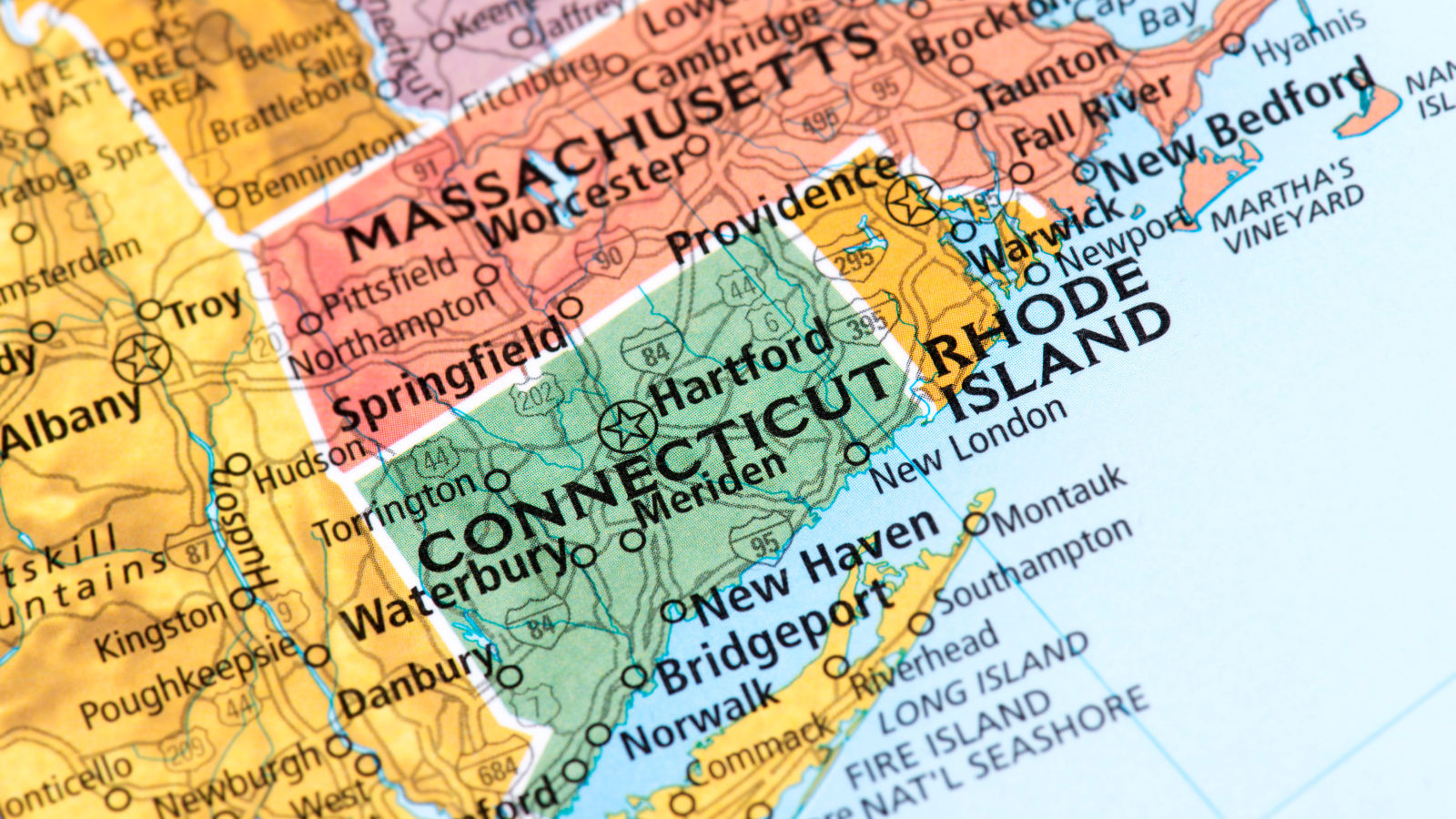Mid-level managers are critical for achieving net-zero emissions
Mid-level operations managers play a crucial role in reaching net-zero emissions because they are responsible for managing and coordinating the day-to-day operations of a company, including supply chain, logistics, production, and distribution. They are the ones who can identify opportunities to reduce emissions and implement sustainable practices throughout these operations.
Identifying opportunities: Mid-level operations managers have a detailed understanding of the company's operations and are well-positioned to identify areas where emissions can be reduced. For example, they can identify opportunities to optimize logistics, reduce energy consumption, and improve production processes.
Implementing sustainable practices: Mid-level operations managers have the authority and resources to implement sustainable practices throughout the company's operations. They can lead the development and implementation of strategies to reduce emissions, such as implementing renewable energy sources, implementing recycling programs, and investing in energy-efficient equipment.
Managing and monitoring progress: Mid-level operations managers are responsible for managing and monitoring progress toward reaching net-zero emissions. They can track and report on the company's emissions and make adjustments as needed to ensure that the company is on track to reach its emissions reduction goals.
Collaboration and Coordination: Mid-level operations managers often work closely with other departments such as supply chain, logistics, production, and distribution, they can coordinate and collaborate with these teams to ensure that sustainable practices are implemented throughout the entire organization, not just in one area.
Monjasa, one of the world's top 10 marine fuel suppliers, is working to establish a sustainable and scalable biofuel option for the maritime industry in Latin America.
The U.S. government's ambitious plan to cut greenhouse gas emissions from passenger vehicles is facing skepticism about its feasibility and whether it goes far enough.
Connecticut's commitment to becoming zero emission by 2035 stems from a growing recognition of the urgent need to address climate change and its adverse effects on the environment and public health.
Amazon reports a decrease in carbon emissions for the first time since the company began reporting the figure.
The International Maritime Organization (IMO) has announced new global emission-reduction targets, but the ambiguity surrounding the means to achieve these targets is expected to limit new ship ordering.
The number of near-zero-emissions diesel trucks on the road increased by 10.2% between 2021 and 2022, according to the Diesel Technology Forum.
Daimler Truck, the truck division of Daimler AG, has outlined its plans for a transition to zero-emissions powertrains and projected revenue growth of 40%-60% in the second half of the decade.
The International Maritime Organization has approved more rigorous greenhouse gas emission targets for the global shipping sector, aiming for net-zero emissions "by or about 2050."
A report by Breakthrough, a transportation management technology provider, reveals that consumer demand for sustainable products is driving shippers and carriers to adopt more eco-conscious practices.
Mars and DHL have collaborated to establish new logistics centers in the UK, utilizing advanced technology to reduce CO2 emissions by 7.7%.
Global temperatures have risen by 1.1 degrees Celsius above preindustrial levels, leading to increased CO2 concentrations in the atmosphere not seen in millions of years.
BloombergNEF predicts that global electric vehicle sales will more than double by 2026, reaching around 27 million units, driven by strong sales in China and the US.
DHL and Formula 1 are partnering to enhance sustainable logistics by introducing a fleet of 18 biofuel-powered trucks for European Formula 1 races by 2023.
The pressure for corporations to reduce their carbon emissions is growing, and field service operations can play a crucial role in this transition.
California Air Resources Board (CARB) has approved rules that all new medium- and heavy-duty vehicles sold or registered in the state should be zero-emission by 2036 and all trucks to be zero-emission by 2042.
The global freight forwarder and global shipping line have agreed to help reduce the industry’s emissions by using certified sustainable, second-generation biofuels.
To achieve the goal of a zero-emission future, the trucking industry needs to work together with various stakeholders, including government agencies, regulatory bodies, truck manufacturers, fleet operators, and others.
To ensure companies follow through on their net-zero emissions goals, it may be necessary to increase investment in low-carbon technology, implement government regulations, and increase public pressure on companies to act.
Mid-level operations managers play a crucial role in reaching net-zero emissions because they are responsible for managing and coordinating the day-to-day operations of a company, including supply chain, logistics, production, and distribution.
Washington D.C. is the latest city to adopt a zero-fare program for its public transit riders, following similar moves in Denver, Colorado, San Francisco, California, and Boston, Massachusetts.
Net-zero emissions mandates, which aim to achieve zero net greenhouse gas emissions, are increasingly being adopted by governments and companies around the world as a way to combat climate change.
California’s CALSTART Drive to Zero program aims for 100% of new medium- and heavy-duty vehicle sales to be zero-emission by 2040.
According to a survey from Merchants Fleet, a New Hampshire-based fleet management company, nearly half of American consumers said they would prefer to use a parcel delivery carrier that used electric vehicles to fulfill deliveries.
There are many questions being posed for automakers rallying around zero-emissions vehicles.
The clean energy tech market is foaming at the mouth over the UN Climate summit’s decision to further regulate GHG emissions.
CEO of Navistar announces plans for a “net-zero” company future.



























U.K. Prime Minister Rishi Sunak has announced a delay in several key emissions-reduction targets, including pushing back the ban on the sale of new gasoline and diesel cars from 2030 to 2035.